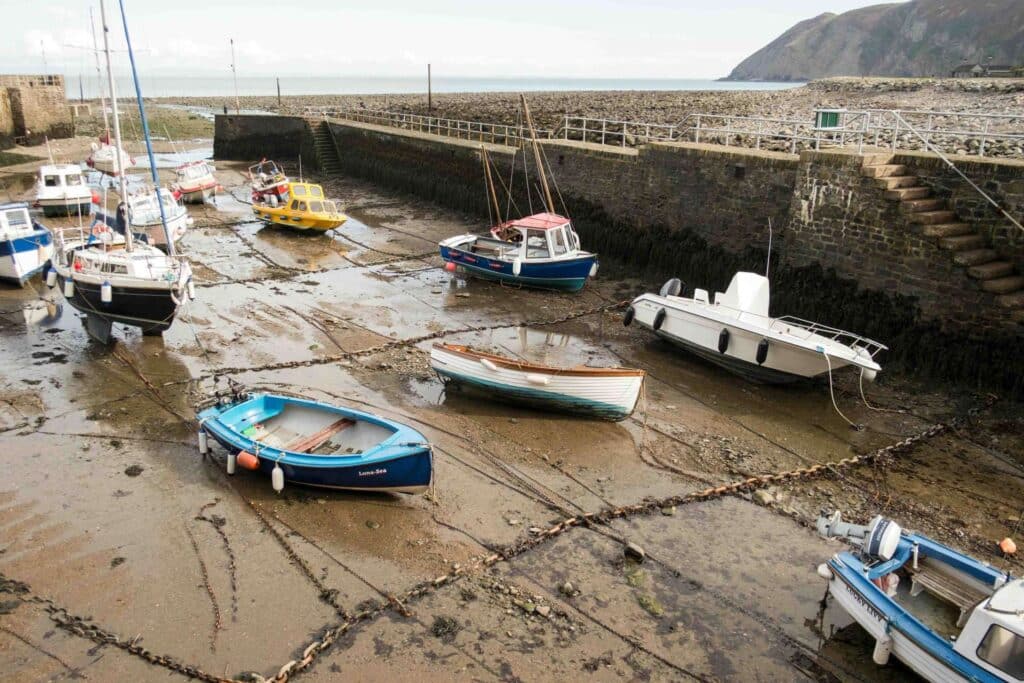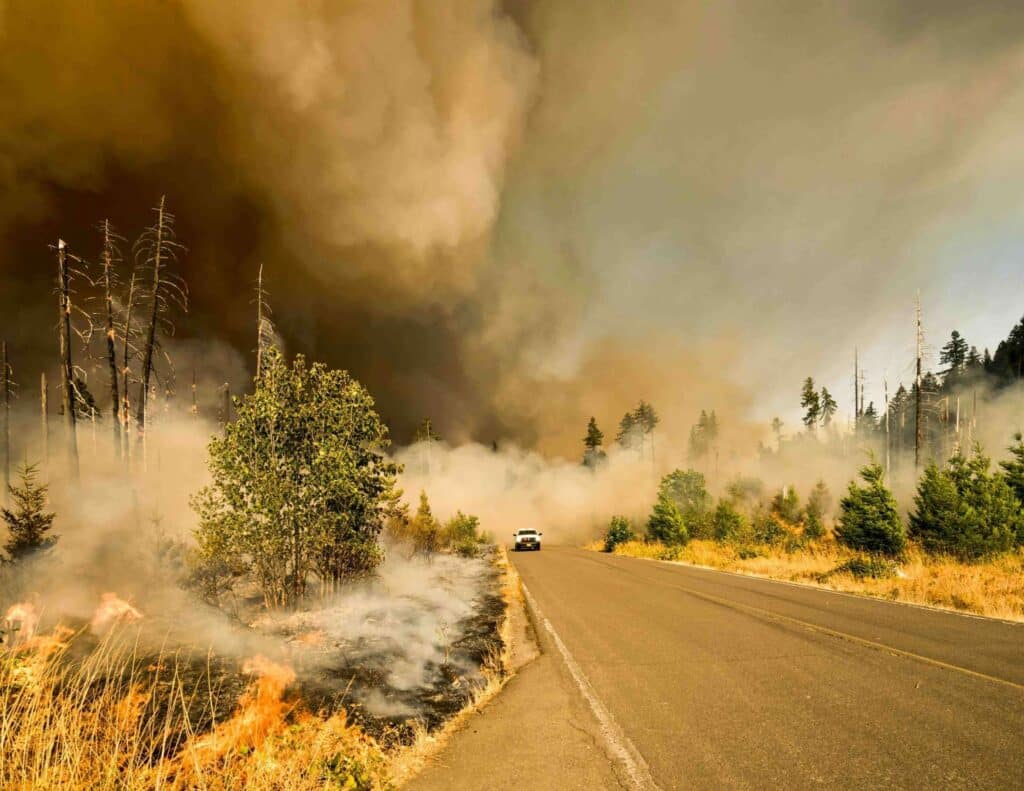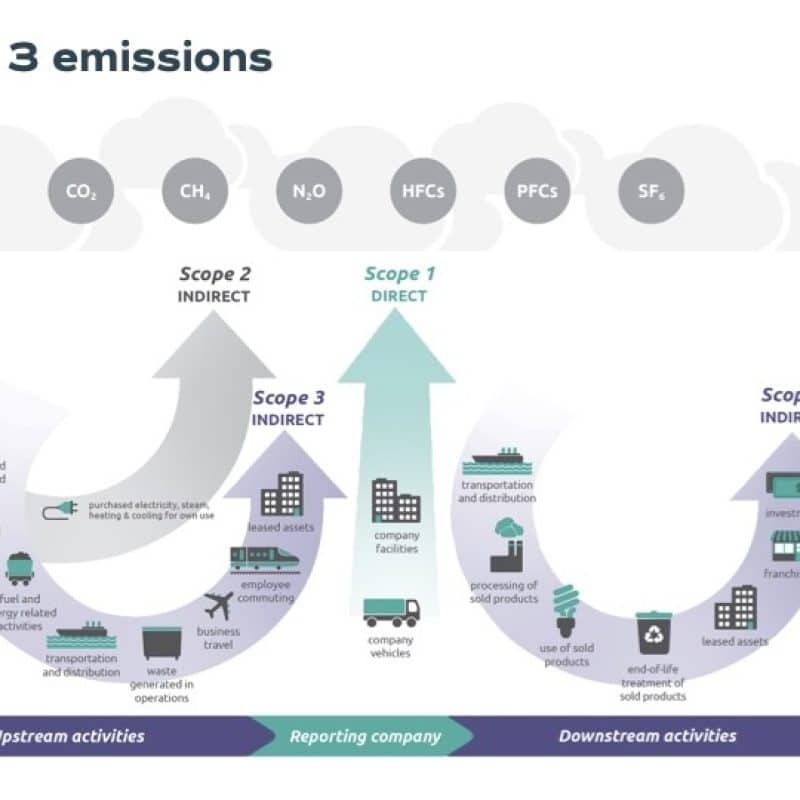As a young student with a passion for climate justice and sustainability, it always felt like a contradiction to pursue a degree in business. From what I had witnessed, businesses didn’t necessarily operate ethically. Much of my related courses taught me about how to maximize profit and minimize costs, often at the expense of environment and social justice factors. There was no combination between people, planet and profit. In professional business settings, people rarely seemed to engage in conversations surrounding sustainability. In fact, if you asked a group of business students in my classes what the word “sustainability” means, many of them would not even associate the word with climate or the environment, but rather something along the lines of long-term growth.
“Measure Meant gave me the opportunity to serve as an intern for my final semester of college, where I got to witness the world of sustainable business firsthand.”
– Katy
But as time moved forward, I started to recognize some of the changes that were happening around me regarding policy and impact. Businesses started to set climate commitments for net-zero, and consumers began holding businesses accountable for their unsustainable practices and profit-oriented thinking. Measure Meant gave me the opportunity to serve as an intern for my final semester of college, where I got to witness the world of sustainable business firsthand. In this blog, I will discuss some of the things that I saw and learned as a student in this ever-changing space of ethical business.
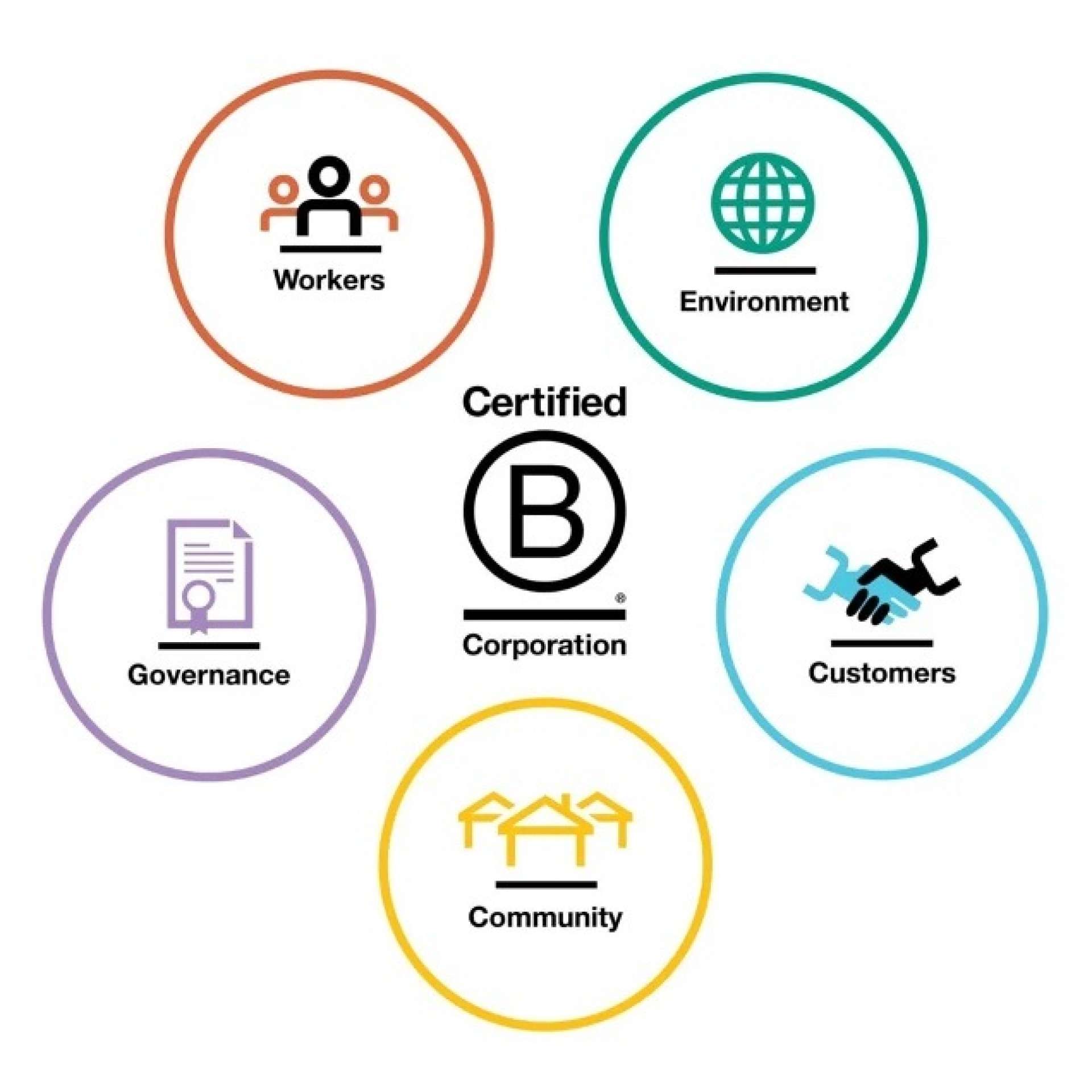
First off, becoming a Certified B Corp is an impressive task to achieve. From the start of my internship, I had the opportunity to join a B Corp certification project for a restaurant group based out of Florida. Over a couple of months, I spent time collecting, researching and organizing data surrounding all of the many facets of the company’s ethical operations.
The B Impact assessment is organized into five main sections: Governance, Workers, Community, Environment, and Customers. With a wealth of data and information, I helped craft a gap analysis to understand what the company needed to do in order to achieve B Corp certification status. From something as small as the cleaning solution products in a restaurant kitchen to as broad as the overall company mission, everything has an impact. It was truly fascinating to experience first-hand all of the work that goes into a business, and I look forward to seeing this company achieve B Corp certification.
“We couldn’t have been happier with Katy’s contributions. She was dedicated to the leadership and was always eager to contribute meaningfully to our work.”
– Mark Odegard
Another important thing I learned throughout this internship is that policy and regulation is constantly changing. From the recent SEC climate disclosure ruling to the California Climate Corporate Data Accountability Act, nearly all businesses must adapt to the standards that are being implemented. Under both of these new standards, companies are required to disclose any climate-related targets or goals and evaluate their environmental impact.
The impact of these standards will be large, and companies like REI and Walmart are mirroring these requirements with their own personal standards. For instance, I had the opportunity to work alongside a textile and clothing supplier as they prepare to meet new GHG accounting standards imposed by global retailer, REI. These efforts not only hold companies accountable to the environmental impact that their businesses are creating, but also provide the space to think about potential changes that could benefit both their operations and their impact at the same time.
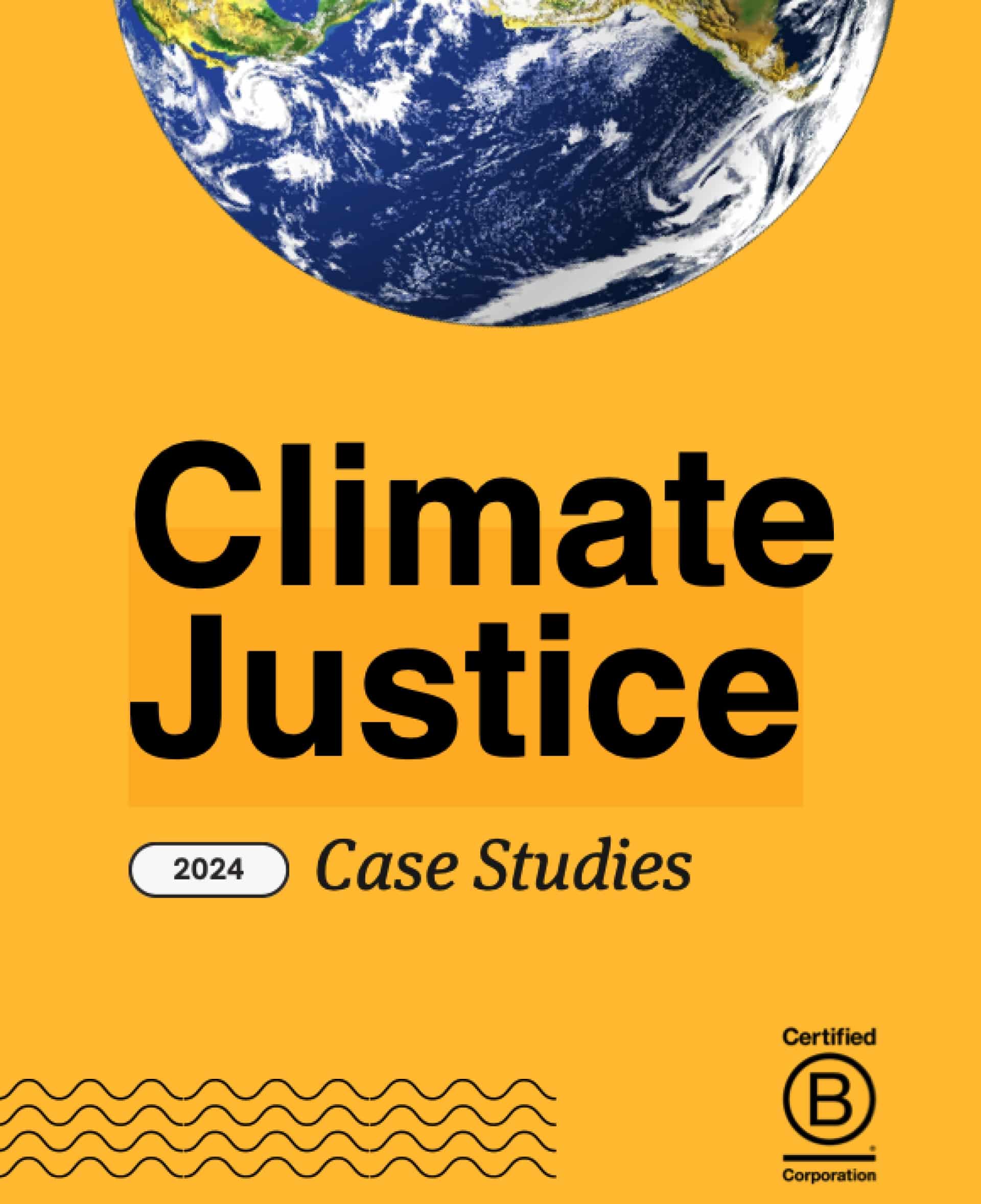
Finally, this internship showed me that businesses can in fact operate ethically. I had the opportunity to partner with B Lab on a case-study project, in which I got to interview a few incredible Certified B Corp companies about their climate justice impacts and co-write case-study articles to be published by B Lab. Hearing about the work at food suppliers like Riverside Natural Foods, to the houseware and cleaning company Seventh Generation, to the apparel and accessories brand Gallant International, there is plenty of evidence of sustainability in business. This internship provided the tools and capacity to understand what is needed to operate with the combination of people, planet and profit in a cohesive manner. I can now confidently say that with enough intentionality, accountability, and action, I am hopeful for the future of sustainable business.
-Katy Rettenmier
